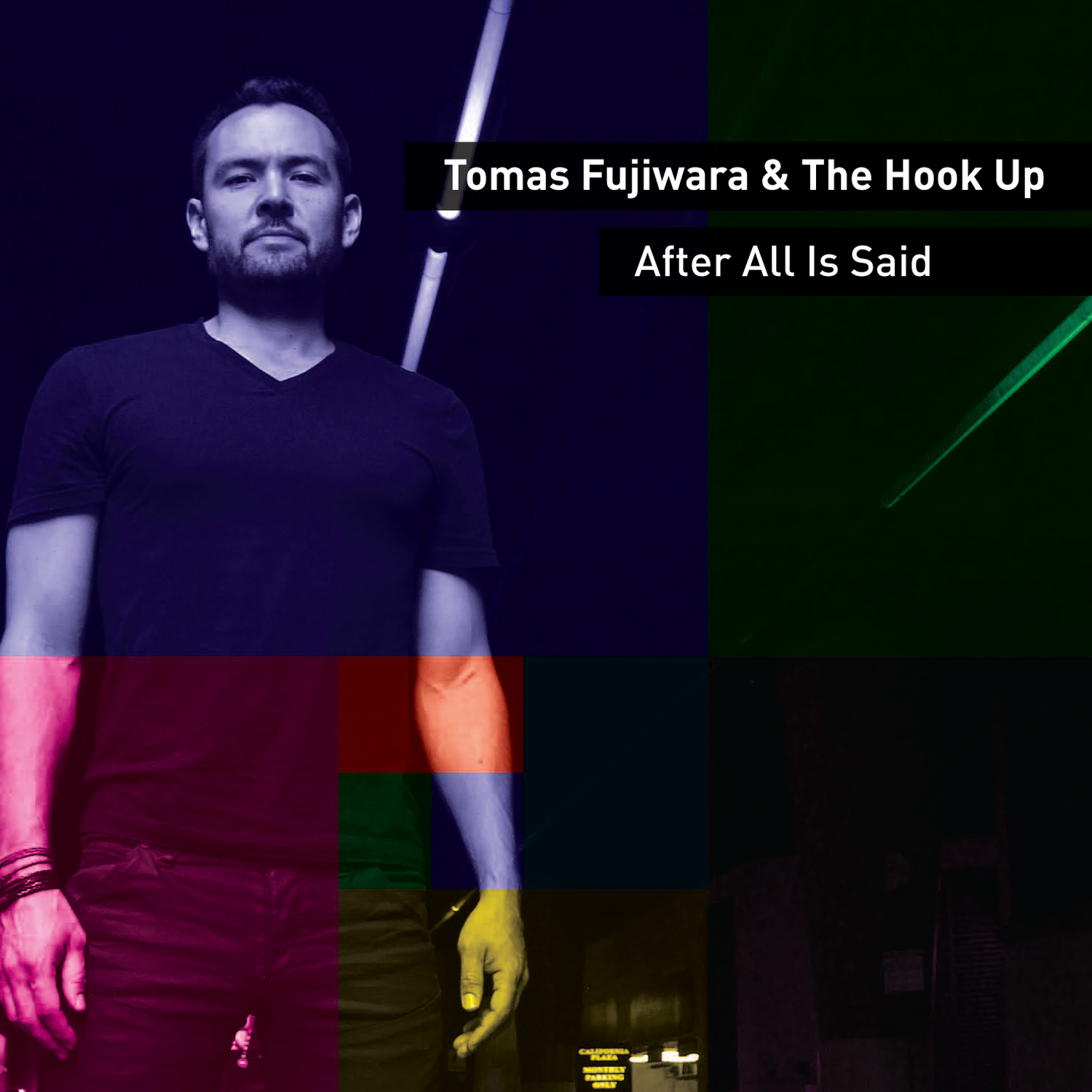Part 3 of the April Artist Feature on Drummer/Composer Tomas Fujiwara
Interview
Cisco Bradley: I understand that you are both an avid basketball fan as well as a player of the sport. Do you absorb or incorporate any aspects of the rhythm or movement of the game into your music, compositions, or performance?
Tomas Fujiwara: There’s not a direct influence of basketball on my music, but I started playing ball at an early age, so a lot of early “lessons” were learned in the context of the game. For example, it’s where I learned the very simple and obvious truth that working on something–practice, repetition, and focus–helped you improve. As a kid, you’re subconsciously creating your identity and finding things that define you–skills, interests, opinions, etc.–and for me basketball was one of the first things that I gravitated towards. I would arrive at my afterschool program 45 minutes before the rest of the kids, and a teacher (also a musician, I would later find out) and I would play basketball. He taught me the rules, showed me some of the basic fundamentals of shooting, dribbling, boxing out, etc., and we would play one on one. He was patient and helpful, but he never let me win just because I was a kid. I had to figure out how to get better and how to compensate for the fact that he was taller, had more experience, and was more skilled. It really taught me how to look at something I was interested in, something I wanted to participate in, and figure out ways to get better and expand my knowledge. That sort of thinking had a direct influence on how I approached learning about music and how to play the drums.
As cliche as it sounds, it also taught me teamwork. As I’ve applied that to music, I’ve always wanted to be a musician that, while staying true to my musical personality, contributes to the whole of the ensemble and composition. That role and my approach to it, might be different depending on the situation. I never wanted to be a musician whose approach was to play the same in any context, without much regard to the specific musical situation. For some this is called “doing what I do”, or “being true to their individuality”, but to me that type of attitude seems to work more for solo, not ensemble, playing. Finding that balance between ones personal sound, approach, and aesthetic and that of the ensemble as a whole, has always been an interesting and inspiring challenge and probably some of that was subconsciously influenced by playing a team sport, reading situations, and figuring out what worked best, in real time.
And basketball affects my music in that I probably watch and play at times when I should be writing or practicing!
Cisco Bradley: Family and human relationships seem to be ever-present in your music. Could you talk about this aspect of your artistic inspiration?
Tomas Fujiwara: As we talked about in an earlier interview, writing soundtracks to scenes is a very big part of my compositional process. These images come from stories, real or fictitious, past, present, or future. Many of these stories come from the people around me–family and friends. These narratives are often inspiring in that they are told directly to me, in three dimensional form, infused with my history with that particular person. This process of hearing a story adds so much more depth than what you would get from the written word. The telling of the story becomes part of the story, and the personality of the storyteller adds color and nuance. It’s also important to me to use narratives from people close to me, because these are stories that are personal to me, and expressing them is what gives me a voice that is my own. I’m pretty sure no one has written a song about my grandfather or my mother, and yet their lives are filled with vivid scenes and incredible moments that are a great inspiration to me.


1 comment
Join the conversationNewsbits: Music Scene in China / Tomas Fujiwara Interview / Afro-Asian Music Ensemble in Pittsburgh / Endean and Gorfinkel in Melbourne / Alphabets and the Collection in Bristol | Avant Music News - April 9, 2015
[…] Right Now continues its interview of Tomas […]
Comments are closed.